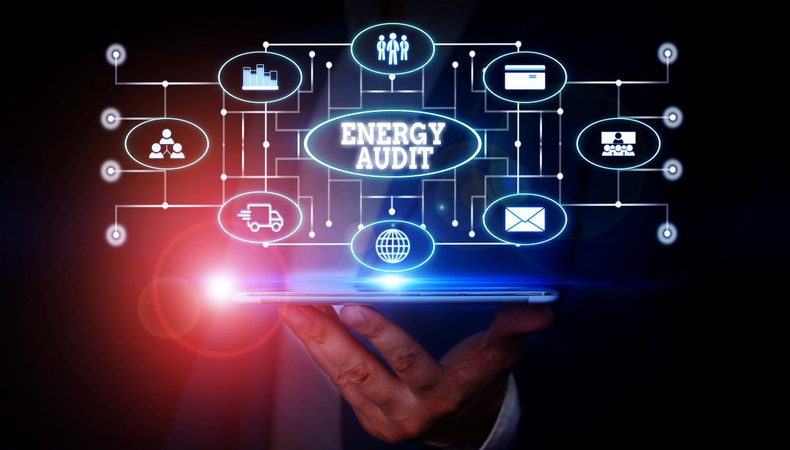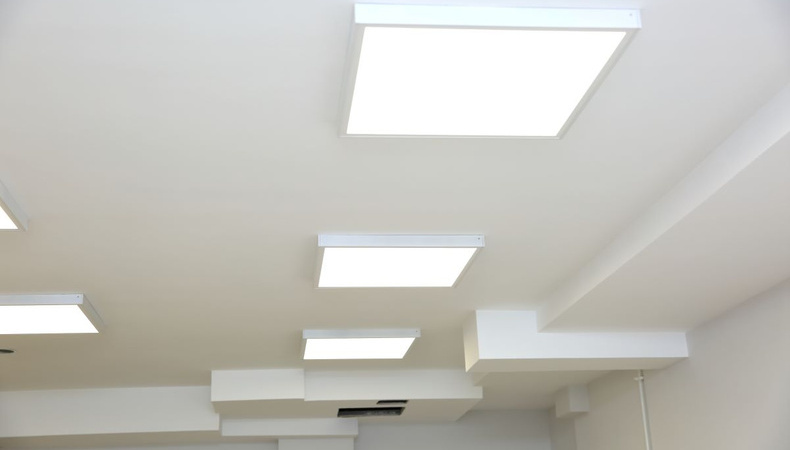The Best Ways Small Businesses Can Save On Energy Costs
The Best Ways Small Businesses Can Save On Energy Costs
The UK is in the midst of a financial and energy crisis which is bad news for just about everybody. Companies are struggling to stay afloat with the government recently stepping in and introducing an Energy Prices Bill, to try and help businesses and homes survive the winter.
And with small businesses typically less resistant to economic pressure than those with deeper financial pockets, it’s important to find ways of tightening the budget. So let’s explore some ways to help your SME save on energy bills.
Conduct an energy audit

To truly understand where you can make cuts in your budget and what is essential, an energy audit helps paint a detailed picture. Most effective when performed by an individual from a utility or energy company, an audit of this nature offers a baseline understanding of your energy use. Hiring a professional can identify any leaks, insulation inefficiencies or opportunities to install energy-efficient alternatives.
Better heating management
If you’d rather not invest in a smart thermostat then it’s important to have better control of your heating and cooling. For example, setting your heating one degree cooler can save up to 10% on your energy bill.
It’s also essential to ensure that your heating and air conditioning are fit for purpose, installed for optimal running and well maintained to reduce inefficiencies. A wasteful climate control system can be burning through your resources while also making some employees uncomfortably hot or cold.
Smart lighting

Lighting can be a huge contributor to a business’ energy cost, sometimes using up to 35% of their bill. So finding a way to make your lights more economical can yield huge savings. LED lighting is super efficient and uses up to 85% less electricity while also lasting up to 100,000 hours more than traditional lighting.
Those represent significant savings but there is another step companies can take to reduce lighting costs further. Smart lighting that is on a timer or uses motion-detecting technology means companies won’t have to foot the bill for an employee forgetting to turn the lights off again.
Vampire appliances
Modern workplaces use a range of devices, equipment and technology on a daily basis but these same appliances when not in use can cost companies significantly on their energy bills. For example, it’s estimated that leaving just one laptop on overnight can cost as much as £35 per year, multiply that by employee levels and other devices and it soon adds up.
Other equipment left on standby creates the illusion that they are not using power but, if these vampire appliances are still plugged in at the wall then they are still consuming electricity. Make it a company policy to turn everything off at the end of the day, whether that be a computer, printer, toaster or TV, it all adds up and increases your energy bill.
